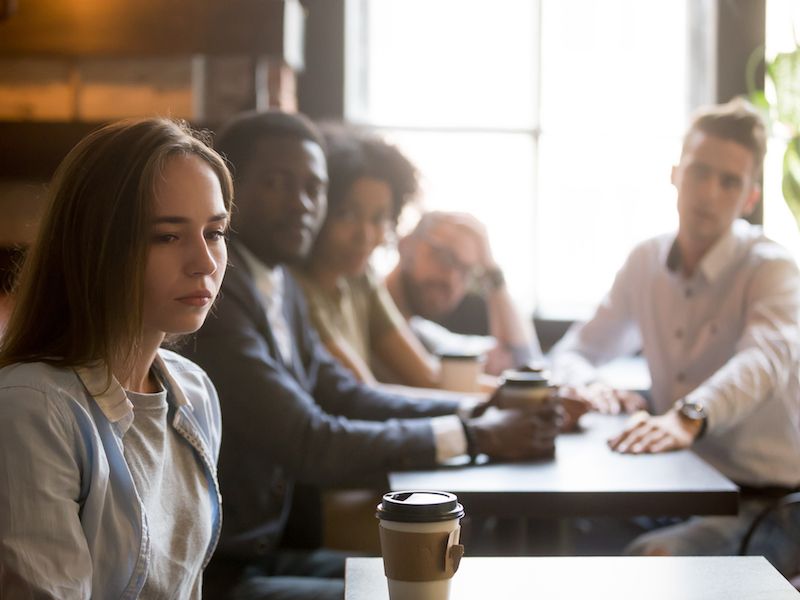
In spite of common belief, hearing loss is not just an issue for the elderly. While age is a strong predictor of hearing loss, as a whole hearing loss has been rising. Amongst adults aged 20 to 69 loss of hearing hovers in the 14-16% range. Globally, more than 1 billion people between the ages of 12-35 are at risk of getting hearing loss, according to the united nations and The World Health Organization. The CDC states that roughly 15% of children between the ages of 6 and 19 currently have loss of hearing and more recent research puts that number closer to 17%. Other reports say hearing loss is up 30% in teenagers over only 10 years ago. Johns Hopkins conducted a study predicting that by 2060 over 73 million people 65 or older will have loss of hearing. That’s a staggering increase over current numbers.
Why Are we Developing Hearing Loss Earlier?
In the past, if you didn’t spend your days in a loud and noisy environment, damage to your hearing would develop fairly slowly, so we consider it as an inevitable outcome of aging. That’s the reason why you aren’t surprised when your grandfather uses a hearing aid. But changes in our lifestyle are affecting our hearing at a younger and younger age.
Technology, and smartphones, in particular, can have a significant impact on our hearing. Whether it’s chatting with friends, listening to music, or watching movies, we are doing all the things we enjoy doing and wearing earbuds to do it all. The problem is that we have no clue how loud (and for how long) is damaging to our ears. Occasionally we even use earbuds to drown out loud noises, meaning we’re voluntarily subjecting our ears to harmful levels of sound instead of safeguarding them.
There’s an entire generation of young people everywhere who are slowly but surely damaging their hearing. In terms of loss of productivity, that’s a huge concern and one that will cost billions of dollars in treatment.
Hearing Loss is Not Well Understood
Avoiding extremely loud sounds is something that even young kids are generally smart enough to do. But it isn’t widely understood what hearing loss is about. Most people won’t recognize that medium intensity noises can also damage your hearing if exposed for longer time periods.
But hearing loss is commonly associated with aging so most people, specifically younger people, don’t even think about it.
However, the WHO says irreversible ear damage might be happening to those in this 12-35 age group.
Suggested Solutions
The problem is particularly widespread because so many of us are using smart devices on a regular basis. That’s the reason why offering additional information to mobile device users has been a recommended answer by some hearing specialists:
- Warnings when you listen too long at a high decibel level (it’s not just the volume of a sound that can cause damage it’s how long the sound persists).
- Extreme-volume warnings.
- Built-in parental controls that let parents more closely supervise volume and adjust for hearing health.
And that’s only the beginning. There are plenty of technological ways to get us to begin to pay more attention to the well being of our hearing.
Reduce The Volume
The most important way to minimize injury to your ears is to decrease the volume at which you listen to your mobile device. That’s true whether you’re 15, 35, or 70.
And there is no disputing the fact that smartphones are not going away. Everyone uses them all the time, not only kids. So we’ve got to deal with the fact that loss of hearing is no longer linked to aging, it’s associated with technology.
That means the way we prevent, treat, and talk about hearing loss has to change.
Also, decibel levels in your environment can be measured by app’s that you can download. 2 steps to protect your hearing. Making certain not to try to drown out loud noises with even louder noises and of course using ear protection. If you drive with the window down, for instance, the noise from the wind and traffic could already be at a damaging level so don’t turn up the radio to drown it out. Make an appointment with a hearing care professional if you have any questions.